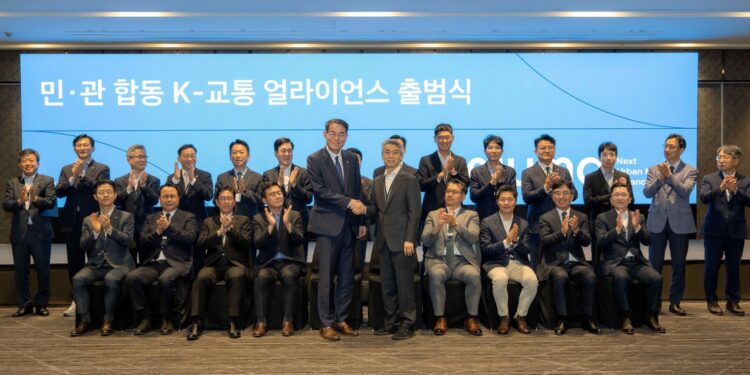Hyundai Motor Group has announced the formation of a new AI-powered urban mobility alliance, bringing together technology partners and city planners to create a more intelligent and sustainable transportation ecosystem. The initiative aims to address the growing challenges of traffic congestion, pollution, and urban sprawl by integrating advanced artificial intelligence into all facets of urban transit.
The alliance will focus on three key pillars: Intelligent Fleet Management, Predictive Traffic Solutions, and Dynamic Route Optimization. By leveraging AI, the group plans to develop smart mobility services that can predict traffic patterns, manage fleets of autonomous vehicles and shuttles, and provide real-time, personalized transit options for city dwellers. The goal is to move beyond simply building cars and instead, create complete mobility solutions that seamlessly connect with urban infrastructure.
According to a spokesperson from Hyundai, the project represents a foundational shift in how the company views its role in the future of cities. “We believe that the next wave of innovation is not just in the vehicle itself, but in the intelligent network that connects all forms of transport,” the spokesperson said. “This alliance will enable us to build AI models that can learn and adapt to the unique rhythms of each city, creating a system that is not only more efficient but also more equitable for all.”
A major component of the project involves the deployment of AI-powered “digital twins” of major metropolitan areas, allowing the alliance to simulate various urban development and mobility scenarios. This will enable planners to test the impact of new transport hubs, public transit lines, and autonomous vehicle lanes before a single brick is laid. The data-driven insights from these simulations are expected to drastically reduce the time and cost associated with urban planning.
The launch of the new alliance signals Hyundai’s commitment to becoming a leader in the future of urban tech. By collaborating with experts in AI and city infrastructure, the company is positioning itself to not just sell vehicles, but to redefine how people and goods move through the world’s most populous cities. The program is set to begin pilot projects in select cities in the coming year, with a phased rollout expected globally over the next decade.










![Online Scam Cases Continue to Rise Despite Crackdowns on Foreign Fraud Networks [Myanmar] Online Scam Cases Continue to Rise Despite Crackdowns on Foreign Fraud Networks [Myanmar]](https://sumtrix.com/wp-content/uploads/2025/06/30-12-120x86.jpg)




